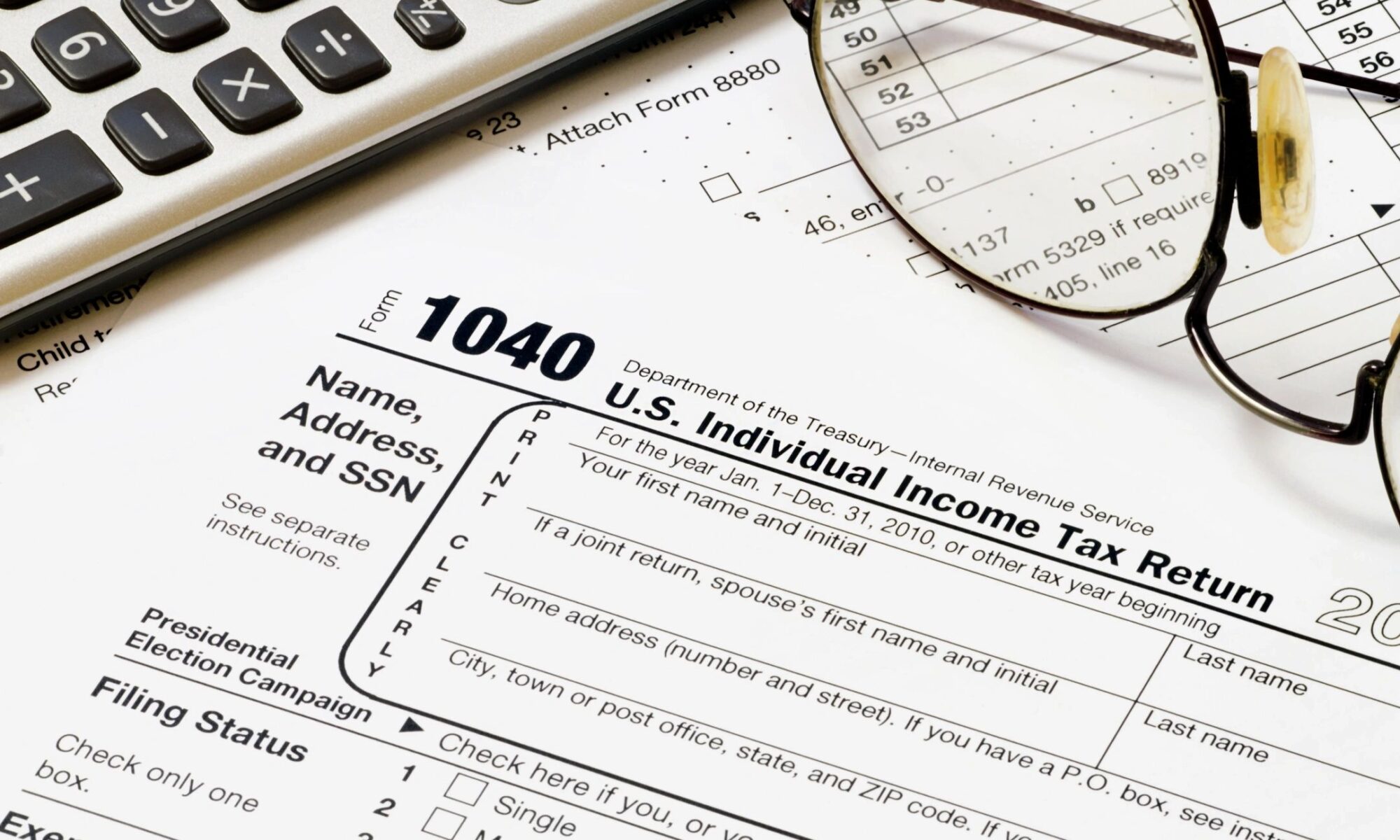Residential Property in Trusts
In Texas, a person’s homestead has a special status in two respects. First, Sections 11.13 – 11.135 of the Texas Property Tax Code provides for property tax exemptions for homesteads. Second, Chapter 41 of the Texas Property Code states that a person’s homestead is exempt from his general creditors. You can read more about these provisions here.
These privileges are specific to individual owners who occupy their homes. For example, homestead exemptions generally are not available for rental properties. Likewise, property held in a business entity, such as an LLC, will not be exempt from general creditors.
So what about trusts? Quite often, real estate is held in trust for the benefit of the trust’s grantor or for the benefit of one or more beneficiaries. Can a home held in trust qualify for both privileges?
The answer is “yes,” so long as the homestead property is in “qualifying trusts.” What is a qualifying trust? Due to a recent bankruptcy court opinion, the answer is no longer as clear as many practitioners previously believed.
Section 11.13(j)(3) of the Property Tax Code states:
“Qualifying trust” means a trust:
(A) in which the agreement, will, or court order creating the trust, an instrument transferring property to the trust, or any other agreement that is binding on the trustee provides that the trustor of the trust or a beneficiary of the trust has the right to use and occupy as the trustor’s or beneficiary’s principal residence residential property rent free and without charge except for taxes and other costs and expenses specified in the instrument or court order:
(i) for life;
(ii) for the lesser of life or a term of years; or
(iii) until the date the trust is revoked or terminated by an instrument or court order that describes the property with sufficient certainty to identify it and is recorded in the real property records of the county in which the property is located; and
(B) that acquires the property in an instrument of title or under a court order that:
(i) describes the property with sufficient certainty to identify it and the interest acquired; and
(ii) is recorded in the real property records of the county in which the property is located.
This is the statute relating to property tax exemptions. Pay attention to the emphasized text.
Now, let’s look at the Property Code to see what a qualifying trust is when it comes to protecting the homestead from your general creditors. Section 41.0021 states:
HOMESTEAD IN QUALIFYING TRUST. (a) In this section, “qualifying trust” means an express trust:
(1) in which the instrument or court order creating the express trust provides that a settlor or beneficiary of the trust has the right to:
(A) revoke the trust without the consent of another person;
(B) exercise an inter vivos general power of appointment over the property that qualifies for the homestead exemption; or
(C) use and occupy the residential property as the settlor’s or beneficiary’s principal residence at no cost to the settlor or beneficiary, other than payment of taxes and other costs and expenses specified in the instrument or court order:
(i) for the life of the settlor or beneficiary;
(ii) for the shorter of the life of the settlor or beneficiary or a term of years specified in the instrument or court order; or
(iii) until the date the trust is revoked or terminated by an instrument or court order recorded in the real property records of the county in which the property is located and that describes the property with sufficient certainty to identify the property; and
(2) the trustee of which acquires the property in an instrument of title or under a court order that:
(A) describes the property with sufficient certainty to identify the property and the interest acquired; and
(B) is recorded in the real property records of the county in which the property is located.
In the case of In re: Cyr, the U.S. Bankruptcy Court of the Western District of Texas, San Antonio Division, held that the Property Tax Code’s phrase, “rent free and without charge” means something different than the Property Code’s phrase, “at no cost.”
The result was that the debtor was entitled to a break on his property taxes, but his home was subject to the claims of his general creditors!
What exactly the distinction is between “rent free and without charge” and “at no cost” seemed to elude even the bankruptcy court, itself, when it commented as follows in its opinion:
… “at no cost” is broader than “rent free and without charge” and conceivably includes costs and expenses other than those related to rent. (emphasis added)
Sadly, the debtor “conceivably” lost his homestead!
Cyr is not a a good decision to have on the books, and as of the time of this article, it remains the only authority on this point. Some practitioners, including me, believe there is a substantial likelihood that if (when) this issue arises again in another court, we will wind up with a split in authority.
Rights of Survivors to Homestead, Exempt Property and Allowances
Have you ever heard of a “forced share” (historically called “widow’s share”) when it comes to dealing with estate assets? Whether a decedent had a will or not, his surviving spouse and children might have rights to estate property which trump the rights of other interested parties, including other beneficiaries and most creditors.
For example, the intestacy statutes provide that when a decedent having no will dies with children who are not also children of his surviving spouse, the children (and not his spouse) inherit his half of the community property and most of his separate property. This can become troublesome for surviving spouses, who will effectively become co-owners with their step-children. In many cases, the step-children might demand that the spouse agree to sell the property or pay them rent.
Texas law protects surviving spouses and children in various ways.
Homestead and Exempt Personal Property
Chapter 353 of the Texas Estates Code provides for setting aside the homestead and exempt personal property. Section 353.051(a) states:
… the court by order shall set aside:
(1) the homestead for the use and benefit of the decedent’s surviving spouse and minor children; and
(2) all other exempt property described by Section 42.002(a), Property Code, for the use and benefit of the decedent’s:
(A) surviving spouse and minor children;
(B) unmarried adult children remaining with the decedent’s family; and
(C) each other adult child who is incapacitated.
Example:
Allowances in Lieu of Exempt Property
(a) If all or any of the specific articles of exempt property described by Section 353.051(a) are not among the decedent’s effects, the court shall make, in lieu of the articles not among the effects, a reasonable allowance to be paid to the decedent’s surviving spouse and children as provided by Section 353.054.
(b) The allowance in lieu of a homestead may not exceed $45,000, and the allowance in lieu of other exempt property may not exceed $30,000, excluding the family allowance for the support of the surviving spouse, minor children, and adult incapacitated children provided by Subchapter C.
What this means is this: If there is no homestead, or if there is debt against the homestead, the survivor can give up any homestead rights and elect to receive an allowance of up to $45,000. If there isn’t much exempt personal property, the survivor can receive an allowance of up to $30,000 in addition to the exempt personal property. The amounts to be awarded are within the discretion of the court or independent executor.
Set Asides are not Subject to Administration
Allen v. Ramey makes clear that the foregoing set asides of the homestead and exempt personal property remove these assets from the estate. This means they cannot be used to pay debts of the estate, including the family allowance discussed below.
Family Allowance
In addition to the foregoing set-asides and allowances, Section 353.101, et seq. provides for a family allowance for each surviving spouse, minor child and adult, incapacitated child equal to the person’s expected needs for living expenses for the first year after the decedent’s death. The amount to which each person is entitled will be reduced to the extent he or she had his or her own separate property at the time of the decedent’s death.
The family allowances take precedence over the rights of all other beneficiaries and heirs to property of the estate and also trump the claims of all creditors, except for Class 1 claims (i.e., the first $15,000 of funeral expenses and the first $15,000 of expenses of last illness).
According to Estate of Nielsen, the family allowance is payable out of the entirety of the decedent’s and surviving spouse’s community estate and not solely out of the survivor’s half. It is a debt of the estate to be paid out of administration and may not be satisfied using homestead and exempt personal property which has been set aside.
There are a lot of interesting scenarios and questions which pertain to exempt property and allowances in connection with decedent’s estates. As shown above, these exemptions and allowances are very powerful and can be rather generous since they are to the exclusion of other beneficiaries, heirs and most creditors of the estate.




